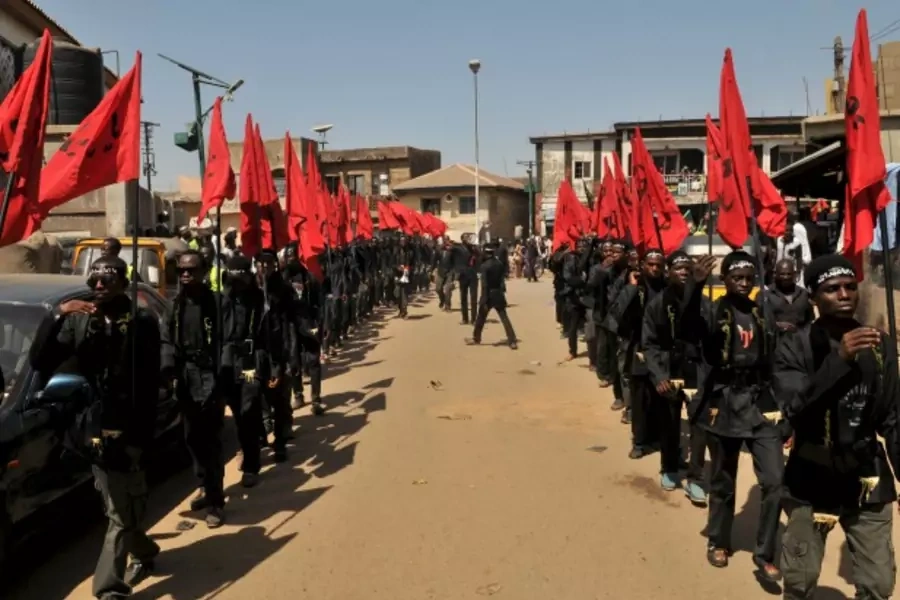The International Crisis Group on the “Massacre” of Shia in Northern Nigeria

More on:
The International Crisis Group (ICG), a highly respected non-governmental organization devoted to conflict resolution and prevention, has published a quick guide to the conflict between the Shia Islamic Movement of Nigeria (IMN) and the Nigerian security forces that started December 12-13 and that may be continuing. The author is Nnamidi Obasi, ICG’s senior Nigeria analyst.
Given Nigeria’s size and importance Obasi’s article is a must-read, especially considering the government’s struggles with corruption and Boko Haram, and the obscurity to American readers of Nigerian Shia dramatis personae. Written in a clear question/answer format, it is packed with information in a small space, including what is known and not known about the December 12-13 “massacre.” He defines “Shia” in a Nigerian context, estimates its size, and introduces its leader Ibrahim El-Zakzaky. Nigeria’s President Muhammadu Buhari has been personally distant from the episode, though he has sent his interior minister, the highly respected retired general Abdulrahman Dambazau on a fact finding mission. Tehran, seeing itself as the protector of Shia world-wide, has already weighed-in.
The bottom line of Obasi’s argument is that the conflict between the security forces and Zakzaky’s Shia carries the risk, if not the likelihood, of evolving into yet another serious challenge to Nigeria’s stability. Obasi maintains that several factors could potentially mitigate the chances of more violence, such as Zakzaky’s advanced age, which makes him an unlikely candidate to lead an insurrection, IMN’s lack of support among Nigeria’s Sunni majority and even of all the Shia. He also notes that President Buhari, the Chief of Army Staff Tukur Buratai, and National Security Adviser Babagana Monguno are all northern Muslims. However, he also acknowledges that the Islamic Movement of Nigeria may be at a “tipping point.” Obasi quotes a post December 12 IMN statement: “No government can flourish successfully with a disoriented military, full of trigger-itchy personnel and security operatives trained by CIA and Mossad.” While hitherto non-violent, the IMN has long been hostile to secular authority and has been characterized as a “state within a state.”
What should the Nigerian government do? Obasi’s advice is sensible, he urges President Buhari to respond “urgently and personally to the violence,” to underscore that his government is committed to the rule of law and that no group, including the security services, is above the law. He also urges that the rights of the wounded and imprisoned Zakzaky be rigorously respected, and that the security services show the utmost restraint.
More on:
 Online Store
Online Store